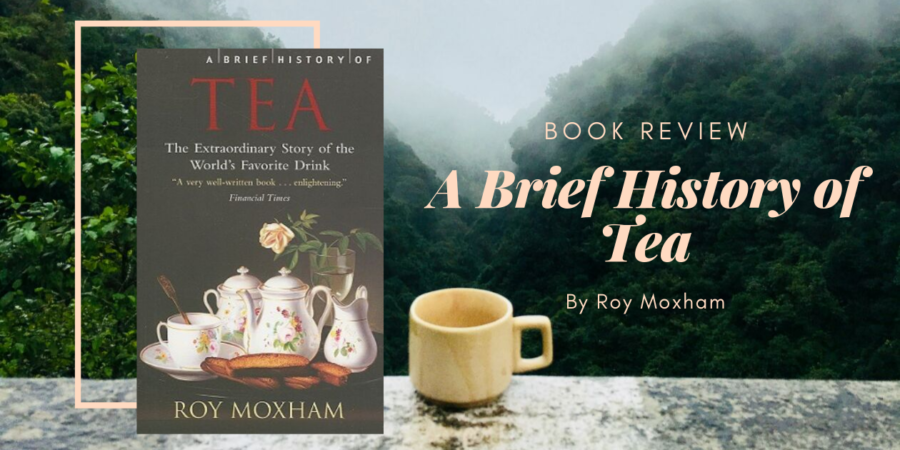I thought I’d read most general histories on tea but clearly, I am wrong. I came across A Brief History of Tea while having a session at Cher’s house and immediately asked if I could borrow it because, well, I haven’t read this particular history yet.
So the thing is, I’m probably a bit biased by this point. I read the book not expecting a general history of tea, but more with an eye of finding out what makes this book different from the others. And I found it!
Unlike its title, A Brief History of Tea, doesn’t really go into a general history of tea. Instead, A Brief History of Tea focuses on the history of tea in the West. In a sense, this was a relief because it meant that a lot of the information was new to me, but on the other hand, it doesn’t really work as a general introduction to tea.
Specifically, how tea led to Britain taking hold of Hong Kong, the development of tea in India and Sri Lanka (under the most appalling conditions), and the author’s year cultivating tea in Africa. While other books do talk about tea in a more global context, this was the first book I saw that looked more closely at the conditions under which tea was, and in some cases is, grown. It is horrifying to learn about how people tricked Indians into working at the tea farms, under appalling conditions and for terrible pay, while racism ran rampant and the British tea farmers were a law unto themselves. One fact that stuck out was that the managers often had workers marry each other and gave them contracts that would end at different times – if they wanted to stay together, they’d have to keep renewing their contracts, thus perpetually binding themselves to the farm.
There’s also an interesting passage on a scam involving tea. The book writes that “at the turn of the century” (I assume as the 19th century passed into the 20th), “there was a rash of schemes to attract the gullible. Nelson and Company was the most notorious. They offered pensions to women who became widowed, in return for the purchase of regular small quantities of tea.” As you can image, this scheme was popular and the company managed to attract 250,000 customers. However, it was also unsustainable and in “the court case that followed insolvency, it was estimated that to fund these pensions, the company would have needed £30 million, but it had assets of only £20,000.”
The last chapter of the book was about the author’s year as a manager of a tea plantation in Africa. It was extremely interesting, especially since I haven’t read much about tea in Africa. However, it also felt a little disjointed – most of the book was about the history of tea and all of a sudden, we start hearing about the author’s personal experience. While I appreciated the information in the chapter, it did feel like I was reading a separate book by the same author (incidentally, if anyone has recommendations on books that focus on African teas or teas in other countries, please let me know!).
Overall, this was an interesting book. I wouldn’t recommend it as a general introduction to tea (I think that Tea: The Drink that Changed the World by Laura C. Martin is better, followed by histories of tea in either the West or the East, depending on your preference would be an easier way to get into the history of tea) but it will appeal to people who want to find out more about the conditions under which tea is grown. Lots of it will shock you, but this does nudge me towards buying from responsible brands and where possible, directly from tea farmers.

This sounds interesting but I think I’m going to check out your recommendation first: Tea, The Drink that Changed the World.
Tea, the drink that changed the world is great! I really think it’s a better general introduction to tea (: